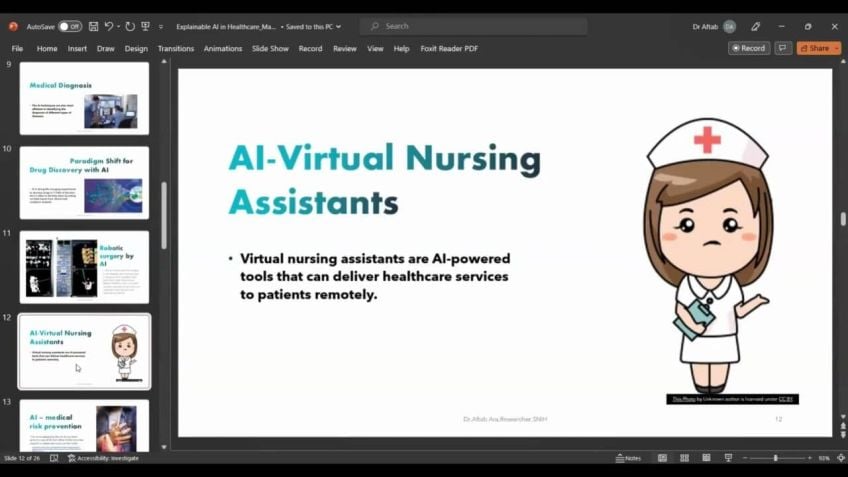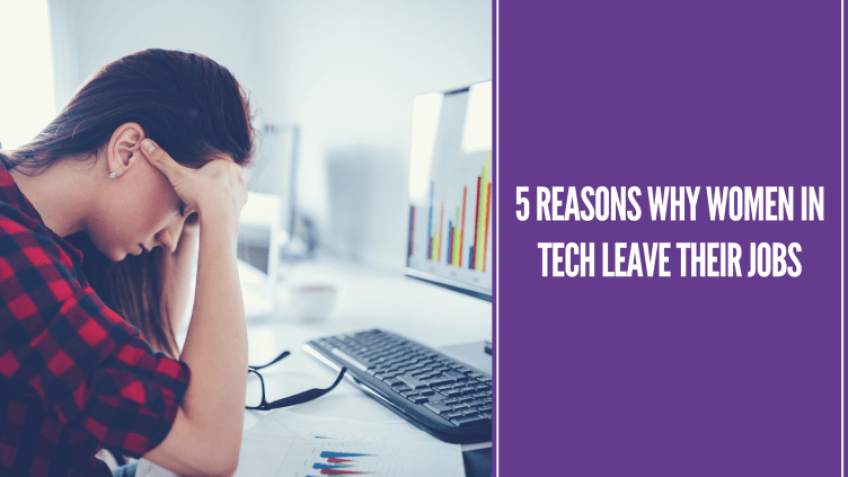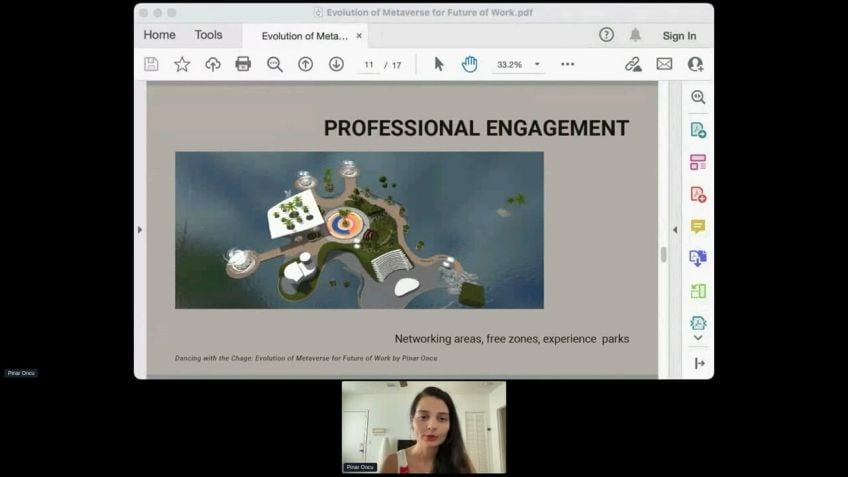Future of Work is local and brings more gender equality
Reimagining the Future of Work: Local and Equal
As COVID-19 catalyzes a seismic shift in our work patterns, a new vision for the future of work is emerging. This vision is local, equal, and flexible, and it's reshaping the classic 9-to-5 office scenario. Today, we delve into this new understanding of the work environment with insights from Yeva, the Co-Founder and Chief Growth Officer at Flows Space, who advocates for a world where work adapts to our needs, not the other way around.
A New Work Order
Before COVID, only about one in 50 UK workers worked remotely but now, it's predicted that nearly 50% of UK workers will opt for remote working post-COVID. This trend isn't exclusive to the UK; it's rapidly becoming the norm worldwide. It is unsurprising, then, that 94% of workers appreciate flexible work, with 86% of companies planning to offer it.
Flexibility: A Tool for Empowerment
This shift is not just about convenience; it’s about empowering employees. With the autonomy to design their own workdays and choose their workspaces—be it home, the park, a café, or a local workspace—workers feel a sense of control over their careers. They’re now judged more on their output rather than their physical presence.
The New ‘Office’: Distributed Yet Connected
Many envision the future work environment to be less centric and more distributed—where people can work close to where they live. They may visit the physical office once a week for essential company gatherings, work from home for focused tasks, and use local flexible workspaces the rest of the time. This local work model, also known as the '15-minute city' vision, accommodates work, leisure, community interaction, and key amenities and services within a 15-minute radius of one’s residence.
Benefits of Flexible Work
- Reduced Commute: It eliminates long commutes to offices and encourages walkability or cycling, leading to a more sustainable lifestyle.
- Work-Life Balance: Work hours can be tailored to meet personal and family needs, making work-life balance more achievable.
- Talent Attraction and Retention: Businesses adopting hybrid models are more likely to attract and retain quality talent.
Boosting Gender Equality
Flexible work models can also be powerful tools for promoting gender equality. Research shows that many women struggle to return to full-time roles due to inflexible work schedules. In fact, 40% of women may not return to work if flexible working is not an option. By embracing flexible work, companies provide opportunities for women to better balance their work and family commitments.
Conclusion
The world of work is transforming, and progressive companies that offer flexible working conditions will likely reap the benefits. Flexible work models provide equality, sustainability, and improved work-life balance. The future of work is not just a place—it’s a more equitable and sustainable way of living-work life. The challenge now lies in implementing these concepts universally to achieve a truly local, equal, and flexible work environment for all.
What's your view on the future of work and its influence on gender equality? Feel free to join the conversation in the comments below.
Video Transcription
So, hi, everyone. I am Yeva co-founder and Chief Growth Officer at Flows Space. Um I believe that the future of work is local and equal and I personally have experienced what it means to work, more flexible hours and how empowering can it be.And that was way before COVID hit on the days when I could myself decide where I work from, whether it's home office or a cafe or another workspace depending on my needs on my meetings, depending on my mood, whether I need influx of energy, creativity or just actually sit down and get stuff done.
That, that feeling of designing your own work day has been super empowering, being judged on what you are achieving, not based on where you are physically has been uh very much empowering and that has actually led to me co creating flow space and no worries, it's not going to be an ad.
I'm not going to be talking about flow space um mentioning us because that is a field that I've been living and breathing for a while and that's what influenced me to talk about um local and equal future work. So what we know is that 2020 was the biggest remote work experiment humans could ever have imagined. Um all of us or the great majority of us have felt what it actually means on our daily lives. And COVID-19 has rapidly accelerated a trend that was already there before COVID one in 50 UK workers worked remotely pre-covid. Now it's almost 50% of UK work works that are expected to work remotely post COVID. And we can see the same trend globally. UK is not not an exception. And what is great is that actually? Well, stats cannot be clearer. 94% of workers want flexible work and 86% of companies are going to offer it. Um which leads to reimagining how the work week looks like. And I talked with over 400 people in terms of serving them jumping on the call, focus groups, understanding how that average work week could look like and all supported by other research which shows that on average people want to go to the office once a week for some company gatherings.
Um bigger announcements, project works, then they would like to work from home uh to balance everything out and get stuff done. But for the rest of the week, three weeks, it's about somewhere in the middle and that middle seems to be like accessing local workspaces three times a week. It could be that you just leave your home to a space nearby where you can get stuff done where you can book for four hours and get that creative influx with no distractions at home or perhaps meet with your colleague or client somewhere equidistant from each other, which is quite often not where the office is located.
And I think it's what's important to mention that there is this gap of how you can leave your home but not commute to the office. And that's where the local work life comes in. And this is totally supported by the one and lonely 15 minutes city vision. Um So we had uh Deborah from Italy. You you might know already that sorry for those who don't know, Deborah was the one chatting in the chat uh saying that she's saying hello from Italy and I know that Milan and Paris are one of the first cities who are deploying this 15 minutes to division, which means that creating more of those bubbles within around the cities where people can live and work from.
So it's like a sea change from the office. City structures can change. Um You are no longer working from one physical space. You are working at home and then dropping to a workspace close to where you live, then going to a favorite um dinner spot or cafe, going to a park doctor, school nursery and uh and you leave your 15 minutes city. Um When you need to work to for example, to go to the bigger office for a bigger meeting it also means that their lives will be more sustainable and flexible, more sustainable because you can walk to work, you can cycle to work um and more flexible because you can work the best hours that fits your needs and your family needs.
Um This can be supported only by businesses that are going ahead with remote and hybrid models. As I mentioned at the beginning, those should be over 80% of businesses, at least what they intend to be doing, intend to do um what they said they would intend to do it during COVID. And all again, extensive research which suggest that that hybrid model will always attract and retail talent. And what I I dearly believe in and I want to talk more about is that local and flexible work life can increase gender equality. Um A lot of different resources talk about how majority of females don't get back to full time roles, post maternity. Um 26% of women have had flexible working request turned down one in five working mothers are forced to leave work because of it because they cannot have that flexible work. And in my head, if your company adopts the policy that you can work um more from home, less in the office, you're given freedom to plan your day around what your family needs are as well.
And uh we see that 60% of women have changed jobs after maternity leave. 40% of women on maternity leave might not return to work if flexible working is not on offer. And we can see how this is a vicious circle cause even if they requested, it might be turned down. And if one decides to go for that flexible option, post maternity and if the office turns down their existing employer turns down or, or sometimes you are afraid to ask for it. Um There are basically three options. You can go for self-employment, which is not always an option for all the uh work lines that we might be choosing and going for. Uh You can pick to be a full time parent or go part time. However, once you go part time, that gender pay gap, we see that 41% of women work part time compared to 12% part time. Women taking time out of the workplace to take on caring responsibilities is a key driver of the gender pay gap. And just to reiterate, 60% of women worry about the request for flexible working and being rejected. So it means that they either a majority of them will either leave their work, become full time parents or they're going to go part time or self employed.
And then the gender pay gap will increase even more because there are less career progression opportunities. I think that when employers join the flexible work model for real all can be provided equal opportunities. We are here women um sitting across um across the um phones and computers.
But I think it, it actually works for both working moms and dads. I urge decision makers of today and tomorrow to think about that, to think about how actually providing flexible working options can lead to decreased pay gender gap and work equal opportunities for both working moms and working dads who can then in turn support those working moms.
I believe in a new local workday and I believe it can really make a difference. Um Thank you very much for listening and I would love to hear more from you in the in, in the comments over here if you have had any personal experiences with this and if you do agree with that or actually, um you could um or actually you sorry, I started reading the chat while speaking here.
Um So or actually have you witnessed it or you don't believe that this, this could work? So now I'm going back to the, the chat to see what you have written already. So, hello from Ohio. Hello from Ireland, Slovenia, Canada. I can see Mary said that we're definitely seeing many women having to leave the workers during the pandemic because they cannot get flexible work hours to help with childcare and schooling. Um um and I see Mario, you're saying that how employers need to know how we win with providing flexible hours, your employer is stuck in eight hour in person workday and the change is required because of the pandemic has been really helpful to get them into the 21st century.
Um, I, I'm here with you Mary today. I was actually in a meeting with um, this amazing business that um they are servicing coffee machines all over the country. Um And because of pandemic, they decided to go fully remote and this is something new to them. They have been in the business for over 20 if not 30 years and only in the pandemic, they have uncovered that actually productivity does not stumble if people are working remote. Um I have seen business leaders who are afraid to let people go and, and do those more flexible hours and work remotely. I can see them witness that productivity is still there. Um And now they are changing their views and they are not going to force people to go back to, to the office. Um No more than two days a week. Um Mariana, thank you for sharing. This thought flexibility also means that we're available all the time. I agree there is a flip side to that if and I think I it's also one view how to look at it is that flexibility is a privilege. Um It is a um a privilege in the sense that um when you are delivering, when you're working well, you are given this opportunity to work more flexible hours.
But the cost of that um the opportunity costs if you wish um perhaps is that you have to be more available, you have to be flexible for work. So the work the employer chose to be flexible for you, you might have to be slightly more flexible for employer as well. What do you think about that? I have had few interesting discussions. I do think that there is an interesting relationship in terms of if you are given the flexibility, um you might be giving back some flexibility to the employer. Eileen. Thank you for dropping in and actually sharing a real example of what it means to be working mom with two kids. Um um Can you tell Elaine a bit more like how it works with your boss? Boss? Does it mean that your boss provides you um more flexible hours, part time job? Um Could you perhaps inspire us when, when we are leaders ourselves, how we can help those working um moms to, to be actually happy at their jobs? Uh Nevena, I'm not sure if I'm pronouncing your name. Uh But I can see that you are saying that it's hard to work and to give best all the work once you had a daughter. Um I understand like the work I did was not valid anymore.
II I understand the struggle you are saying and I think it's, it's very hard to find that balance and then understanding boss is super, super important for that. Um Mary, thank you for coming for coming in. And sharing more. You're saying in your local area, you have some community funded co-working spaces. Um As you don't have a lot of public transportation, building community set up like I showed would give people time and work life balance in their lives. Um I do believe that the 15 minute city vision overall is mostly applicable to bigger cities. And uh uh USA is a very good example of that. Um I have heard that London is al also talking about that and London mayor is pushing for the 15 minutes city agenda starting with little things like more cycling lanes and making people more connected and sustainable ways and the councils are being supported to create those community workspaces.
Mm I it's, it's a trend that hopefully can be picked up by the US as well. Hello, someone from Ghana as well. This is fantastic. Um Mariana, I also see many models in which flexibility is complemented with paid help of other women, babysitters and house cleaning. Um I'm here with you. I think as long as we can help ourselves out in terms of how we plan our days and weeks, how we design them around our family goals, around our productivity goals. Um And how we make sure that we are in this work life flow. Uh Then it's the best is the best of both worlds. Um I seen Avena brought a good point about that. It's there's still a lot lies in the power of employer and their attitude. Um, it's always down to that individual level and if your boss is, well, not a great person to work with, let's put it like that. I think it's, it, in, in, at the case it would be really hard. Um, it would be really hard to do that. Um, Mariana, I can see that you are. Oh, Mary recommended. Mariana saying that benefit of that major would be that more people have employment as the babysitter or cleaner. Um True, true. All all all good points. I can also see that we are approaching the end of the presentation of the slot of 20 minutes. Um If you guys would like to chat more about this um and would like to, to uh get in touch, feel free.
There is a linkedin profile um link un under this presentation somewhere. I definitely saw it. Um I hope I can we can keep in touch and actually talk about this because I think it's pen um pay gender gap and overall inequality is still a huge topic and we should talk more about this and come and create action plan, how to make a difference. And we can all start from ourselves, especially when we are the leaders in some departments, businesses or even leaders within our friend group and just make a difference like that. So thank you very much. I hope to get in touch with you on linkedin. Um Appreciate your comments and really engaging. It's, it's made me enjoy the session as well. Thank you everyone.





